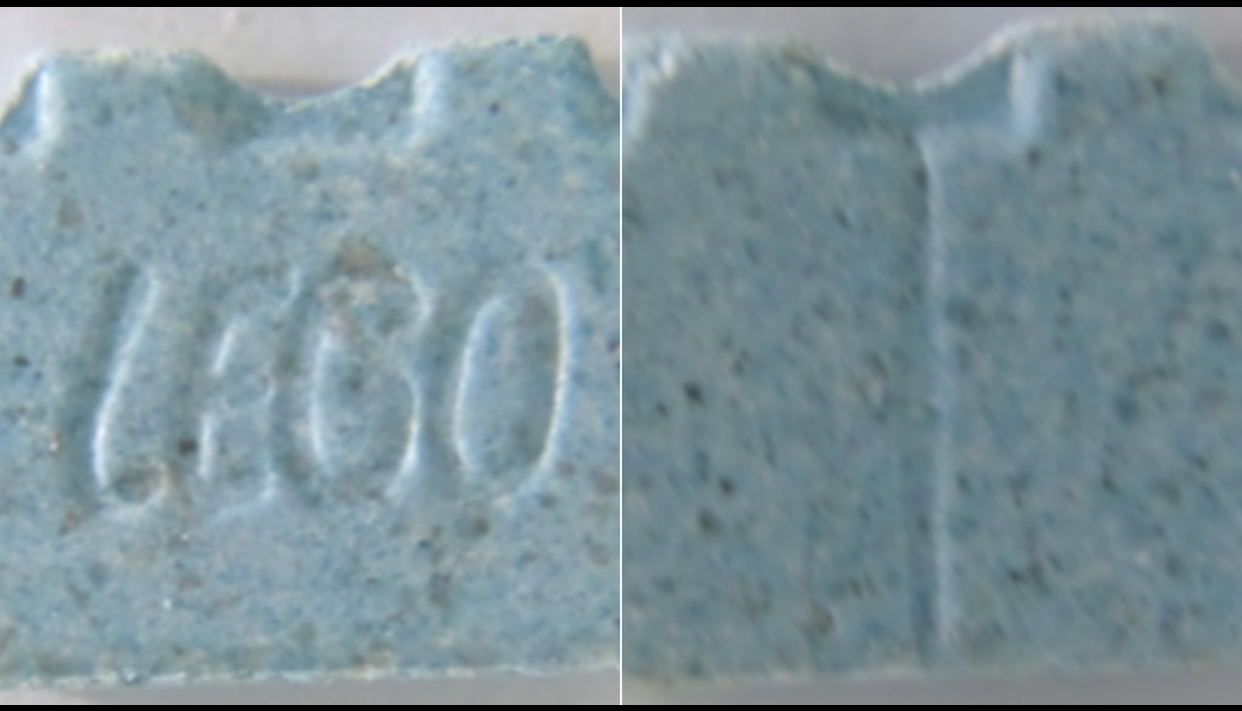Share This Article
It is reported that a LEGO shaped MDMA strand has emerged containing 3 times the usual dose.
As a result, authorities have been trying to issue warnings in the lead of the New Year’s Eve after the prohibited drug was discovered in the far North of NSW.
Professor Andrew Dawson from the NSW Poisons Information Centre has said that it’s does is extremely high.
He has also said, “While one MDMA tablet/capsule alone can cause life-threatening toxicity, the risk is greatly increased if high doses or multiple MDMA tablets or capsules are consumed over a short period, or if MDMA is consumed in combination with alcohol or other stimulants.”
“Hot weather will also increase the dangers, as MDMA causes the body to dangerously overheat, potentially leading to organ failure, loss of consciousness & death.”
“Consumption of high doses of MDMA has been linked to cases of serious illness and death in NSW. It can cause severe agitation and paranoia, raised body temperatures, seizure or fits, heart rhythm problems and death”.
The LEGO shaped drug is reported to have an average dose of one hundred and fifty milligrams.
In NSW, last year alone, MDMA has contributed to the death of 6 people at music festivals.
Amnesty Bins have been introduced by the NSW Government to be put at music festivals to give party goers an opportunity to discard the drugs without being prosecuted for having it.
The Amnesty Bins idea came about by the NSW Government in reply to the inquest of 6 deaths at music festivals in NSW- revealing that the MDMA caused 5 people to die, while a combination of both MDMA & cocaine caused a further one person’s death.
For a confidential discussion on drug possession law in NSW, contact one of our drug lawyers in Sydneytoday.
Penalty Notices for Drug Possession Offences in NSW
NSW Police can now issue on-the-spot fines to a person caught with a prohibited drug in NSW.
Issuing an on-the-spot fine by way of a penalty notice requires the person to pay the fine- putting an end to the case upon payment, without going to court and without a criminal record.
If you choose not to pay the fine, you can court-elect the penalty notice- resulting in a requirement to attend court where you either plead ‘guilty’ or ‘not guilty’ to the drug possession charge.
Going to court for a drug possession charge will expose you to the court’s discretion at imposing a maximum penalty with a criminal record- unless the Magistrate or Judge imposes a non-conviction sentence under section 10.
How Does the On-The-Spot Fine for Drug Possession Work and When Can it Be Applied?
As police have discretion to issue the fine for drug possession, a police officer is not required to in every case (section 333 Criminal Procedure Act 1986 (NSW)).
A $400 on-the-spot fine can be issued to a person who possesses a prohibited drug, and either one of the following applies:
- The prohibited drug is a capsule of MDMA with a weight of 0.25g or less; or
- The prohibited drug is MDMA in a form other than capsule, with a weight of under 0.75g; or
- In the case of any other type of prohibited drug such as cocaine, with a weight of not more than ‘small quantity’.
The above doesn’t apply to possession of cannabis leaf.
As to possessing cannabis leaf, see our previous article on the cannabis cautioning scheme which can apply to possessing a certain amount of cannabis in NSW.
Penalties for Drug Possession in NSW when Heard in Court
The penalty for possessing a prohibited drug in NSW goes up to a maximum of 2-years jail and/or $2,200 fine with a criminal conviction/record, according to section 21 Drug Misuse & Trafficking Act 1985 (NSW).
A criminal record will be avoided even after pleading guilty to a drug possession charge in court if the Court can be convinced to impose a non-conviction sentence under section 10 or Conditional Release Order.
To be guilty of drug possession, the police must prove the following beyond reasonable doubt in court:
- The accused person had the physical custody or control of the drug to the exclusion of others not acting in concert; and
- The accused person had knowledge as to the existence of that drug; and
- The drug is a prohibited drug or plant.









